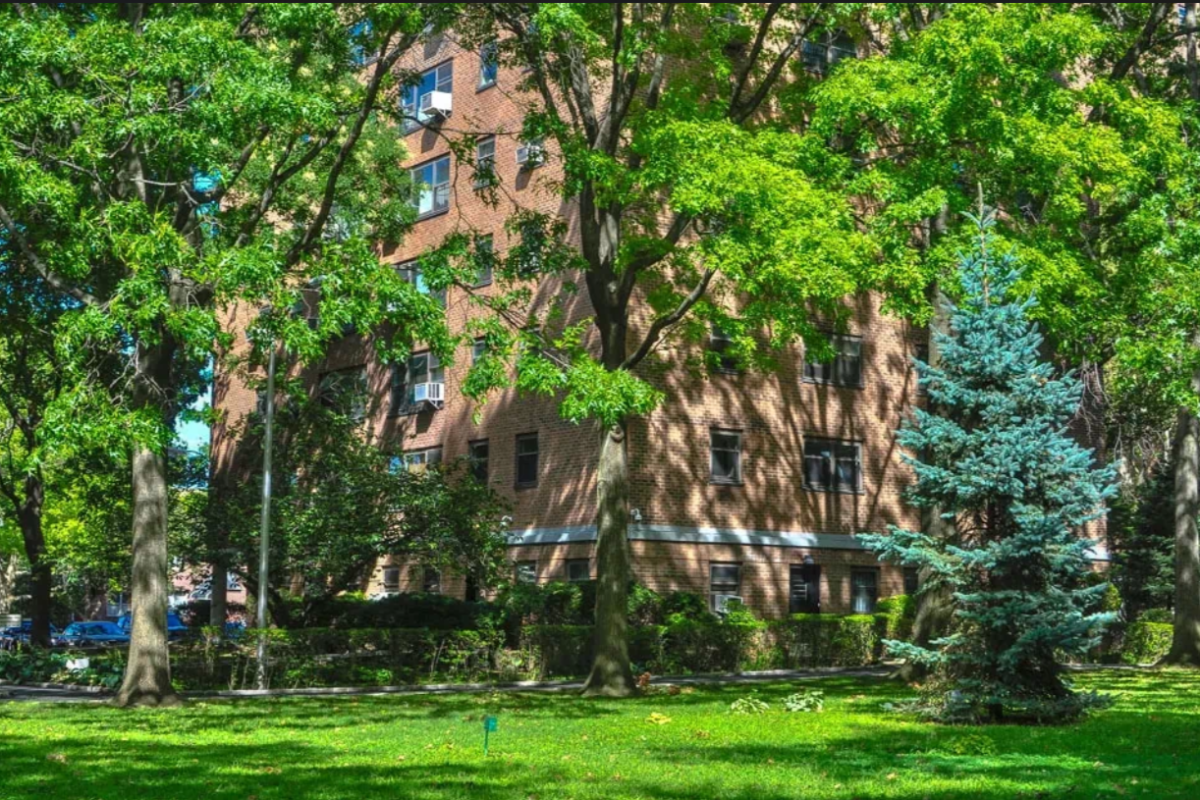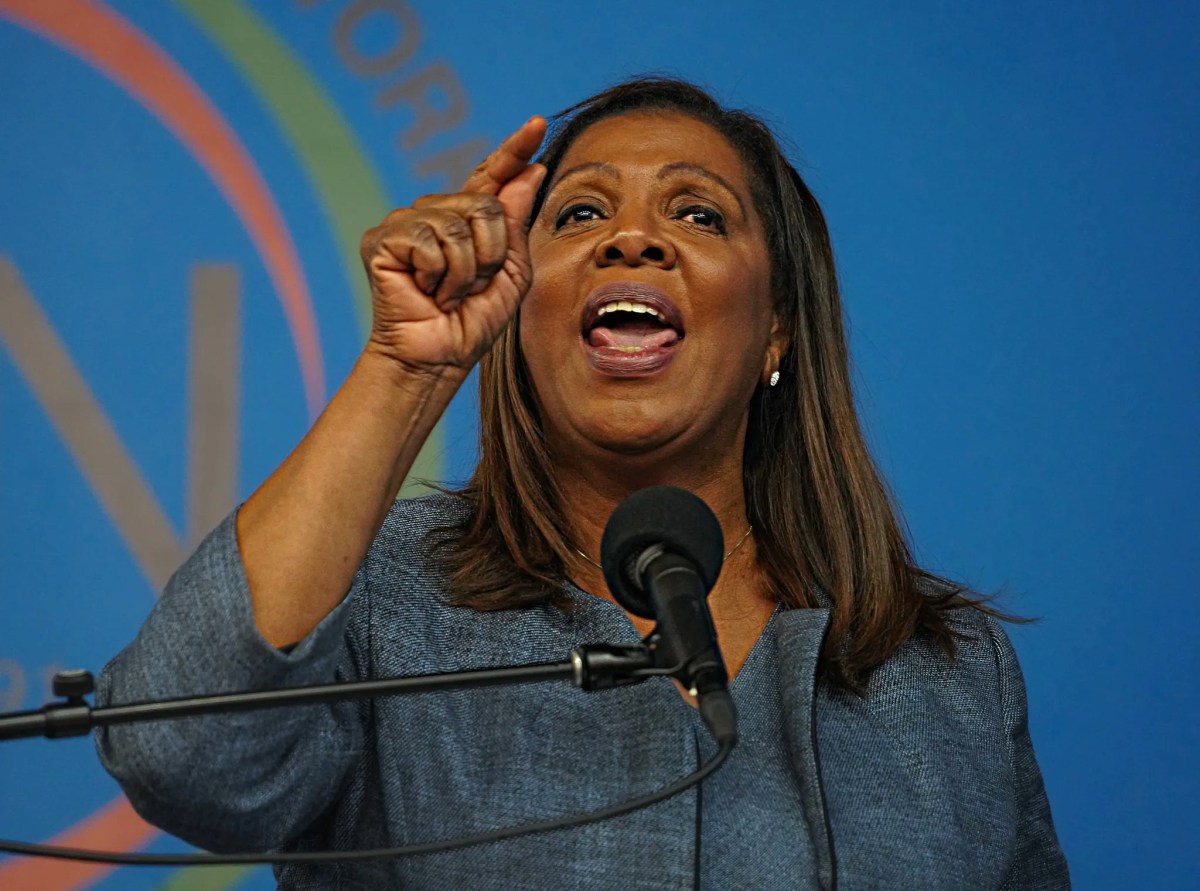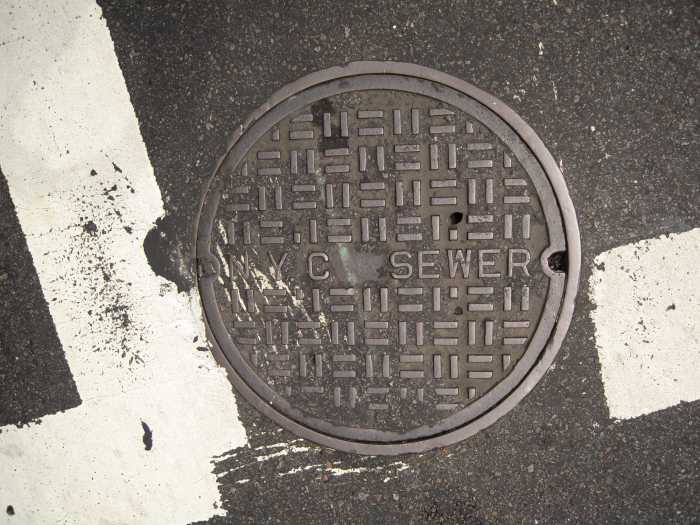With California and Oregon committing to limit when landlords may decline to renew leases, tenant advocates are urging Gov. Andrew Cuomo to ensure New York does not miss the momentum toward universal rent control.
Dozens of groups involved with the Upstate Downstate Housing Alliance sent a memo to Cuomo and legislative leaders Monday pushing for the passage of a measure that would prevent evictions without so-called good cause.
The bill would only allow owners to evict tenants if a judge agrees there is good cause to do so. Acceptable reasons would include standard concerns, such as allowing illegal activity or behaving as a nuisance, as well as missed rent payments, unless the rent had been increased by more than 1.5 times the annual change in the local consumer price index.
"This is the thing that we were most disappointed that we didn’t achieve in the last session," said Judith Goldiner, the attorney in charge of the civil law reform unit at the Legal Aid Society, one of more than 40 organizations that signed onto the letter.
"With California moving forward it seems like," she said, in reference to Gov. Gavin Newsom’s commitment to signing a similar measure, "and Orgeon having done it last year, it really seems like the time is now to not leave New York behind."
Proponents of the legislation say it would provide stability to households in some 600,000 apartments across the city that do not fall under rent regulations, which are mainly located in buildings with less than 6 units. Last year, about 8,716 households were evicted from such units, according to an analysis from JustFix.nyc, a digital tool designed to help tenants sue their landlords.
“These families can be evicted simply at a landlord’s whim. This prevents tenants from enforcing their basic rights, like the right to live in an apartment with basic necessities like heat and hot water,” said the memo, signed by the health care workers’ union 1199 SEIU, the city Democratic Socialists of America and several tenant unions. “The right to stay in one’s home impacts employment, education, immigration, health, and our clients’ and members’ contact with the criminal justice system.”
The Real Estate Board of New York, an industry trade group, said the measure would apply to far more than just smaller buildings and should not be lumped in with California’s proposal, or another measure passed in Oregon. The board’s vice president of policy and planning, Basha Gerhards, said Oregon’s measure allows for a 7 percent increase on top of the annual change to the consumer price index, a rule that accounts for the cost of maintaining high housing standards. She said such expenses were also explicitly factored into the California legislation.
"It was very targeted in its approach in terms of (agreeing), we’re going to do this for three years; we’re going to see how this works; and we’re going to study that it actually helps who we say we want it to help," Gerhards said.
The New York proposal also lacks any plans to expand the housing supply and alleviate the housing shortage in various municipalities, according to Jay Martin, executive director of the Community Housing Improvement Program, which represents rent-stabilized property owners.
"It will drive down supply, drive up rents, and likely will force many two-family and three-family home owners into bankruptcy," Martin said in a statement.
Cuomo’s office did not respond to requests for comment. Neither did representatives for State Senate Majority Leader Andrea Stewart-Cousins or Assembly Speaker Carl Heastie.




































